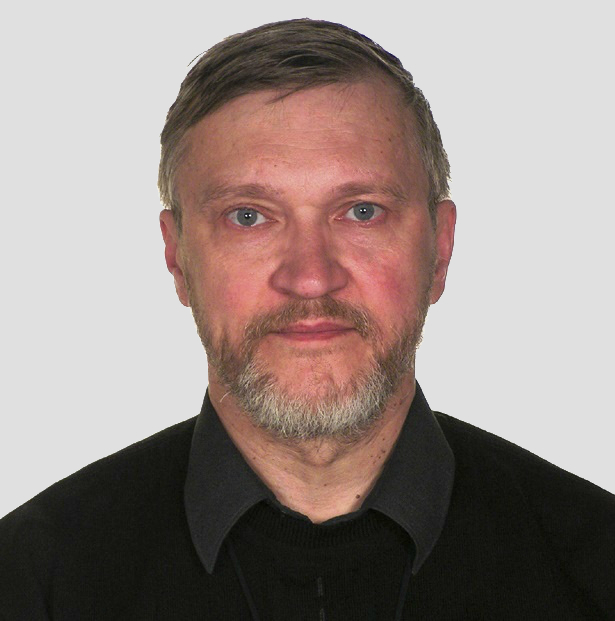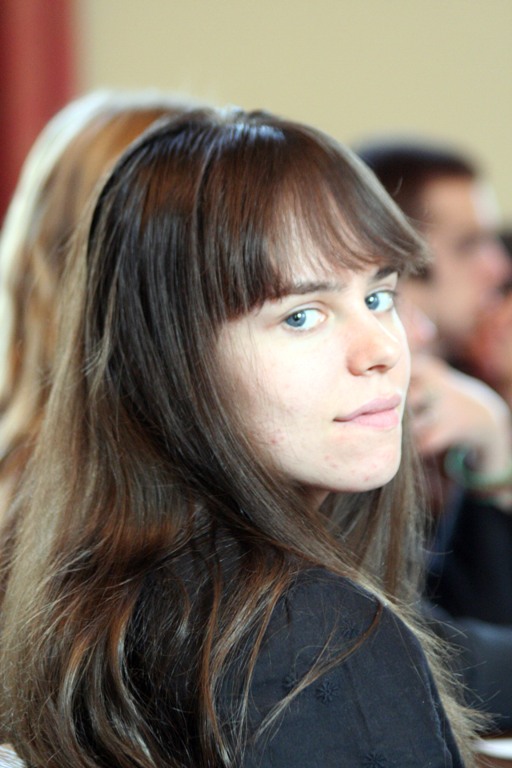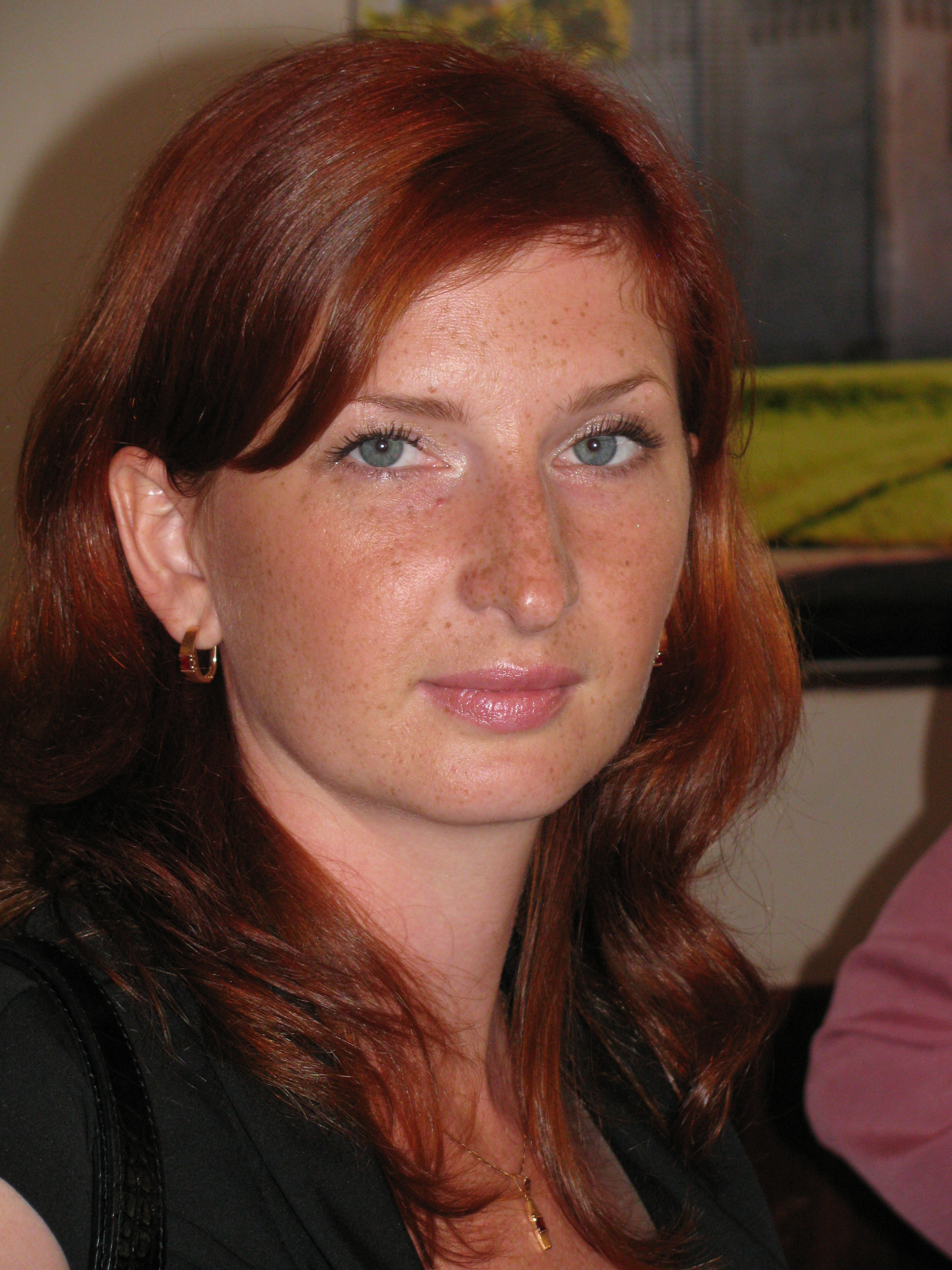The term “religious education” is explicitly presented in 27 texts in Russian (the National Corpus of the Russian language). It enters the Russian literature in the second half of the 19th century, being understood as “the true anchor of salvation in the days of everyday storms and spiritual anxieties” (Ushinsky, 1858). One can speak of a kind of “Ushinsky Project”, presented in three of its articles. This project was presented as a response to three challenges of the era related to the prohibition of teaching philosophy in universities (1850) and overcoming the “scholasticism” of the school “Law of God”, which could not be resolved in the 19th–20th centuries. In the USSR, the term “religious education” implicitly entered the criminal sphere of social existence, marking the criminal “habituation to opium of the people”. Only science and pedagogical practice of the 21st century allowed finding the optimal forms of combining “knowledge of pedagogical experts”, “traditions of peoples” and “faith of confessional experts”. Investigating the phenomenon of religious education in Russia the authors come to the conclusion that as soon the Constitution states, that the Russian Federation is a secular state, modern religious education should formulate guidelines for sincerely tolerant, respectful and good-neighborly relations between diverse spiritual traditions peoples of Russia, preventing the “plague of the 21st century” – extremism and terrorism, often trying to justify themselves by religious grounds.
Key words: religious education, faith, secular elites, popular religiosity, confessional elite, congregation, denomination.
DOI: 10.22250/2072-8662.2018.2.65-78
About the author
 |
Evgeniy I. Arinin – Doctor of Philosophy, Professor, Head of the Department of Philosophy and Religious Studies of Vladimir State University; 87 Gorkogo str., Vladimir, Russia, 600000; еThis email address is being protected from spambots. You need JavaScript enabled to view it.
|
 |
Elena V. Vorontcova – PhD (Philosophy), Senior Research Fellow at the Russian Academy of Science Archive, Lomonosov Moscow State University; 34 Novocheremushkinskaya str., Moscow, Russia, 117218; This email address is being protected from spambots. You need JavaScript enabled to view it. |
 |
Natalia M. Markova – PhD (Philosophy), Associate Professor at the Department of Philosophy and Religious Studies, Vladimir State University; 87 Gorkogo str., Vladimir, Russia, 600000; This email address is being protected from spambots. You need JavaScript enabled to view it. |






